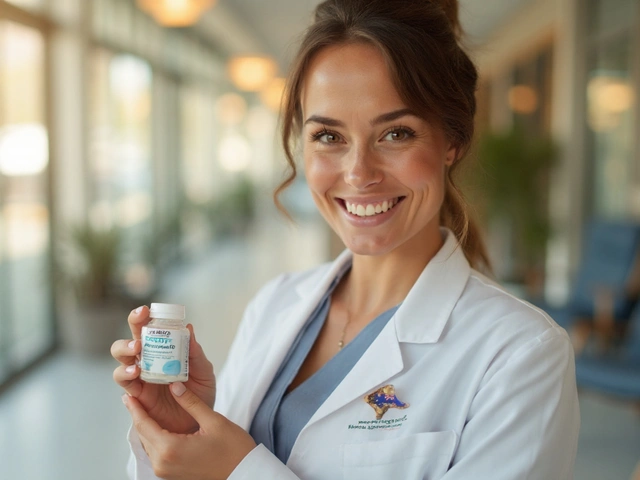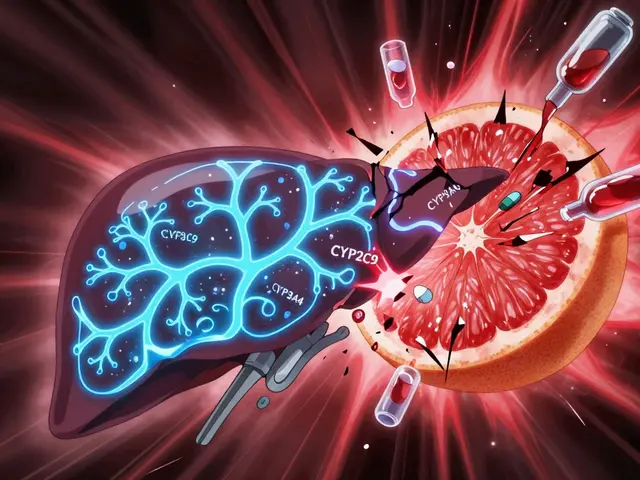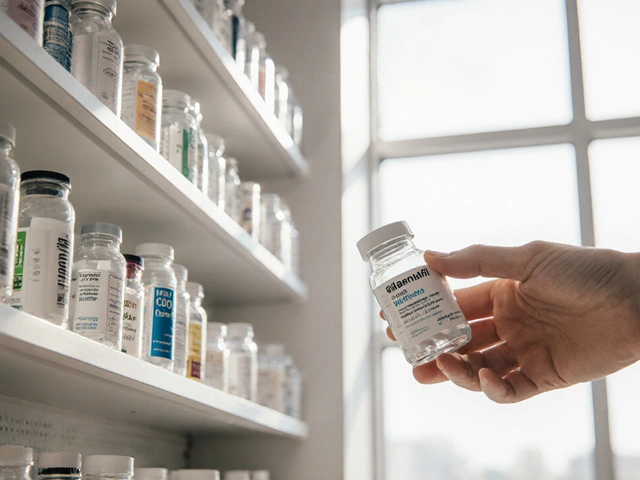Liver health made simple: what to do today
Your liver does a ton of work — it cleans blood, stores energy, and processes meds and alcohol. Treating it like a backup organ won’t cut it. Here are clear, practical steps you can use right away to reduce liver risks and keep routine checks useful.
Daily habits that protect the liver
Watch alcohol. If you drink, stick to the recommended limits (no more than 1 drink/day for women, 2 for men). Binge drinking or daily heavy use adds real damage over time. Avoid mixing alcohol with acetaminophen (paracetamol) — that combo is one of the fastest routes to liver injury.
Eat real food. Aim for whole grains, vegetables, lean protein, and healthy fats (olive oil, nuts, fatty fish). Cut added sugars and highly processed foods. Those are linked to fatty liver disease, which is common and often preventable with diet and weight loss.
Move regularly. Even 20–30 minutes of brisk walking most days helps reduce fat in the liver and improves insulin sensitivity. You don’t need intense workouts — consistency matters more than intensity.
Check supplements. Not all “natural” products are safe. Some herbal supplements can harm the liver. If you take any supplement — including liverwort or milk thistle — talk to your doctor or pharmacist about safety and interactions.
Medications, tests, and red flags
Know the red flags: yellowing skin or eyes, dark urine, pale stools, unexplained tiredness, persistent abdominal pain or swelling. Those need prompt medical review and blood tests (ALT, AST, bilirubin) or imaging if the clinician thinks it’s needed.
Be careful with prescription choices. Drugs like statins, steroids, and some pain meds affect the liver differently. If you’re switching statins or starting new meds, ask your doctor about dose adjustments and whether liver tests are needed — our site has guides on switching statins and safe online pharmacy practices.
Vaccines protect. If you haven’t had hepatitis A or B vaccines and you’re at risk, ask your provider. Vaccination prevents specific viral causes of liver damage.
Want reliable reads? We’ve got practical pieces on supplements (see our liverwort article), how to handle meds safely online, and when to consider a medication change. If something feels off, call your clinic — early action often keeps problems small and treatable.
Small changes add up: fewer sugary drinks, one extra walk a week, and checking any new pill with a pharmacist. Those moves protect your liver more than one-off detoxes or fad cleanses.

Phosphatidylcholine: Your Liver's Best Friend
Explore the world of phosphatidylcholine, a powerful dietary supplement known for supporting liver health. Learn how it works and why adding it to your daily routine can be beneficial. Discover practical tips for incorporating this essential nutrient and understand its impact on liver function. Whether you're looking to boost your overall health or address specific liver concerns, this article offers valuable insights.
Detail




